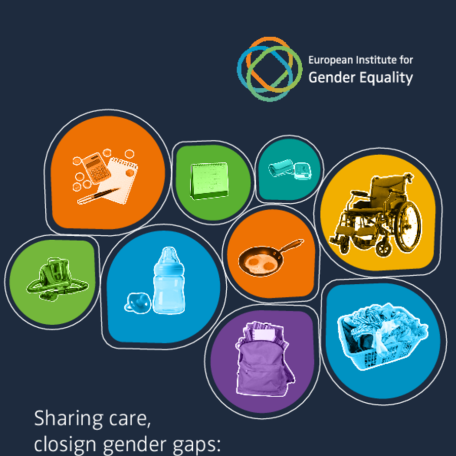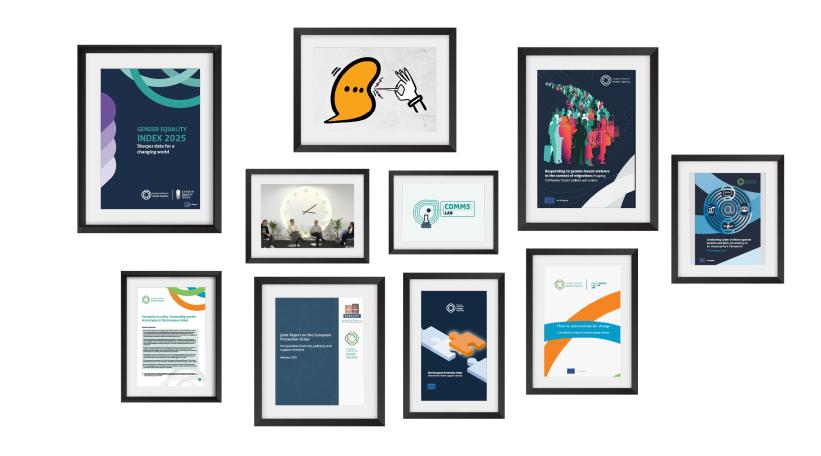To address gender-based violence (GBV) across the EU, the European Institute for Gender Equality (EIGE) is helping to standardise and enhance the collection of administrative data. This data is crucial for understanding the nature and extent of GBV and implementing effective policies to protect victims.
“What we have in terms of available and comparable data reveals only the tip of the iceberg. There is so much more that needs to be understood about the extent of gender-based violence in the EU,” says Carlien Scheele, EIGE Director.
Accurate and comparable EU-wide data on GBV allows policymakers to understand the issue and put in place appropriate evidence-based responses. To achieve this, a complete picture is needed, which includes official statistics, administrative data, and survey findings on incidents of reported violence.
-
Actual prevalence & incidence of violence
Grey zone
-
Disclosed violence
EU GBV survey
-
Reported violence
Administrative data on GBV
With the rollout of the comprehensive EU GBV survey, as well as a Gender Equality Index Thematic Focus and insights on attitudes towards GBV from the Eurobarometer, we have access to a broader and richer set of survey data and analysis than ever before.
Now, EIGE will play a pivotal role in improving the availability, accuracy, and comparability of administrative data on gender-based violence in the EU. Following the adoption of the Directive on Combating Violence Against Women and Domestic Violence, EIGE is tasked with establishing a coordination system for administrative data collection to support EU Member States and developing a common methodology for data gathering.
“Data is our entry point into better understanding the nature and prevalence of gender-based violence in the EU. But it can also give us an insight into why victims may not engage with the police or justice systems, reveal unreported cases and highlight the barriers that many women face in seeking formal justice. We must not forget these women,” emphasises Carlien Scheele.
From 2027 onwards, Member States will be obliged to collect the required administrative data on an annual basis, based on common standards developed by EIGE in cooperation with relevant national bodies, experts, and support services. This harmonisation is essential for meaningful comparison at the EU level and for the effective implementation of policies to combat GBV.
At this stage, EIGE has prepared country profiles that provide insights into the existing landscape on GBV in each Member State. These profiles serve as a valuable resource for understanding variations across countries and informing future data collection efforts.
Through the implementation of Article 44, EIGE will ensure that minimum standards for comprehensive administrative data collection and dissemination are met, paving the way for informed policies and interventions that truly address the needs of victims across the EU.




